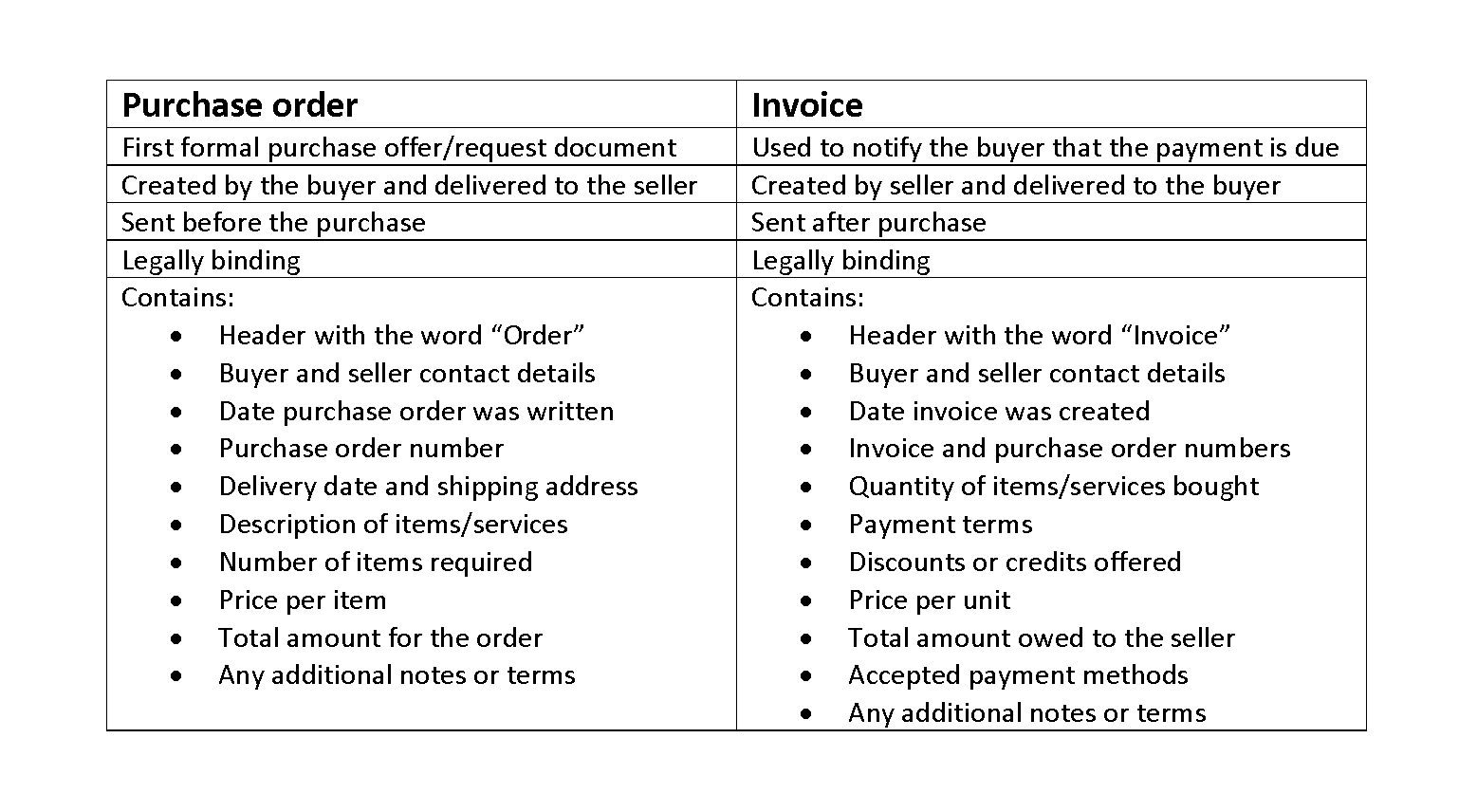
This ensures all individuals with income tied to Illinois contribute to state revenues. Illinois does not offer specific exemptions for capital gains but provides general deductions that can reduce tax liability. Navigating capital gains tax in Illinois requires understanding state and federal obligations. Illinois taxes capital gains as ordinary income at a state income tax rate of 4.95% as of 2024.

Determining Basis
Taxpayers https://dev-ismail-bin-anwar.pantheonsite.io/2020/11/17/6-steps-convert-accrual-basis-to-cash-basis-2/ may also claim an education expense credit for qualified K-12 education expenses under 35 ILCS 5/201(m), up to $750 per family. This article explores key aspects such as calculating taxable gains, exemptions, and filing responsibilities.

Netting Gains and Losses
- Failing to comply with Illinois capital gains tax obligations results in financial and legal consequences.
- For example, if your prior year’s tax was $5,000, you must pay at least $1,250 quarterly to meet the safe harbor threshold.
- In Illinois, taxpayers use Schedule M to detail modifications to federal adjusted gross income.
- This can be advantageous for taxpayers with substantial gains seeking to reduce their tax burden through donations.
- Calculating taxable gains involves determining the basis of your assets, netting gains and losses, and reporting adjustments.
- This is important for those with income in multiple states to avoid double taxation.
Managing capital gains tax often requires proactive planning, especially regarding estimated payments and withholding. Unlike wages, capital gains taxes are not typically withheld at the source, making timely payments the taxpayer’s responsibility. This applies to both residents and nonresidents with Illinois-sourced income. Reporting adjustments ensures your tax return accurately reflects financial activities.
Calculating Taxable Gains

Late payment penalties are 2% of unpaid tax if paid within 30 days of the due date, increasing to 10% beyond 30 days. Interest accrues on unpaid taxes at the federal short-term rate plus 3%, compounded daily. For example, failing to pay $10,000 in taxes for 60 days results in a $1,000 penalty plus interest. Estimated payments are due quarterly, aligning with federal deadlines—April 15, June 15, September 15, and January 15 of the following https://www.bookstime.com/articles/salaries-and-wages year. To avoid penalties, individuals must pay at least 90% of their current-year tax liability or 100% of the prior year’s tax liability.
- Nonresidents must file an Illinois Nonresident and Part-Year Resident Income Tax Return (Form IL-1040) to report this income.
- Illinois taxes capital gains as ordinary income at a state income tax rate of 4.95% as of 2024.
- Taxpayers report capital gains on the Illinois 1040 form, attaching Schedule CR if claiming credits for taxes paid to other states.
- For example, failing to pay $10,000 in taxes for 60 days results in a $1,000 penalty plus interest.
- Estimated payments are due quarterly, aligning with federal deadlines—April 15, June 15, September 15, and January 15 of the following year.
W-2 Late Filing Penalty Abatement: How to Request and Qualify
Netting gains and losses offsets capital gains with capital losses to what is illinois state tax determine your net taxable amount for the year. IRC Section 1211 allows individuals to offset gains with losses, up to $3,000 annually. For example, if you realize $10,000 in gains and $7,000 in losses, your net gain is $3,000.
- Nonresidents are only taxed on Illinois-sourced income, such as capital gains from selling property in the state.
- Taxpayers can use Form IL-2210 to determine penalties or request waivers for unforeseen circumstances.
- Charitable contributions to qualifying organizations are deductible in Illinois, aligning with federal tax treatment under IRC Section 170.
- Underpayment penalties apply if estimated payments fall short of required thresholds.
- Illinois calculates penalties based on the shortfall for each quarterly deadline.
- Failure to file a tax return results in a 5% monthly penalty on unpaid taxes, up to 25%.
